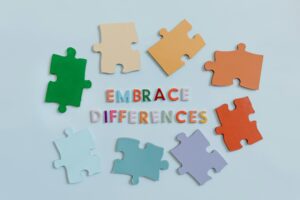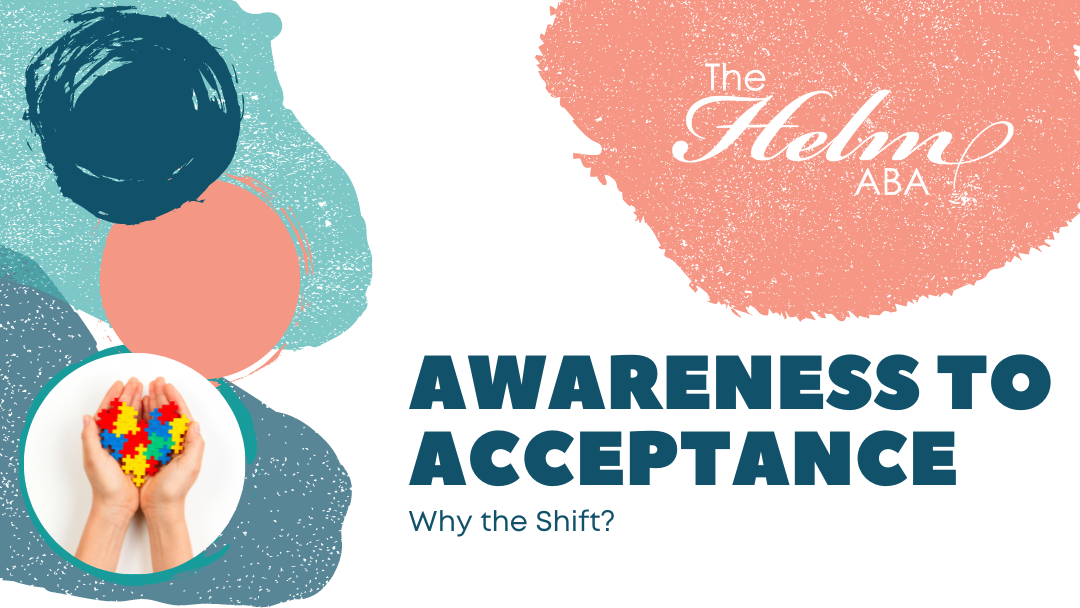Autism Acceptance Month emerged as a response to the traditional Autism Awareness Month, propelled by advocacy groups and individuals within the autistic community. This shift from mere “awareness” to “acceptance” signifies a more profound recognition and validation of the lived experiences of autistic individuals.
Here’s why this evolution took place:
Autistic-led advocacy:
Many autistic individuals and their allies perceive the “awareness” narrative as emphasizing deficits and challenges rather than embracing neurodiversity and celebrating the unique strengths of autistic individuals.
Emphasis on inclusion:
“Acceptance” underscores the significance of embracing autistic individuals as they are, without the inclination to change or “fix” them. It advocates for cultivating environments that prioritize inclusivity and cater to the needs of autistic individuals.
Empowerment and self-advocacy:
The shift empowers autistic individuals to advocate for themselves and their rights, fostering positive self-image and instilling pride in their identity.
Recognition of diversity within the autistic community:
By embracing the concept of “acceptance,” we recognize that the autistic community is richly diverse, encompassing individuals with a wide spectrum of strengths, challenges, and life experiences. This inclusive approach fosters an environment where the unique talents and abilities of each person are celebrated, rather than viewing autism through a narrow lens.
In doing so, we move beyond stereotypes and preconceived notions, opening ourselves to the richness and complexity of autistic individuals’ lives. By appreciating this diversity, we create space for everyone to thrive and contribute in their own way.
This shift signifies a deeper understanding and respect for the voices and perspectives of autistic individuals. It acknowledges their agency and autonomy, empowering them to shape the narrative surrounding autism and advocate for their needs and rights.
Ultimately, this transition paves the way for a more positive and inclusive approach to autism advocacy, one that values the inherent worth and dignity of every individual within the autistic community. It sets a precedent for building a society where everyone is embraced and supported, regardless of their neurodiversity.

